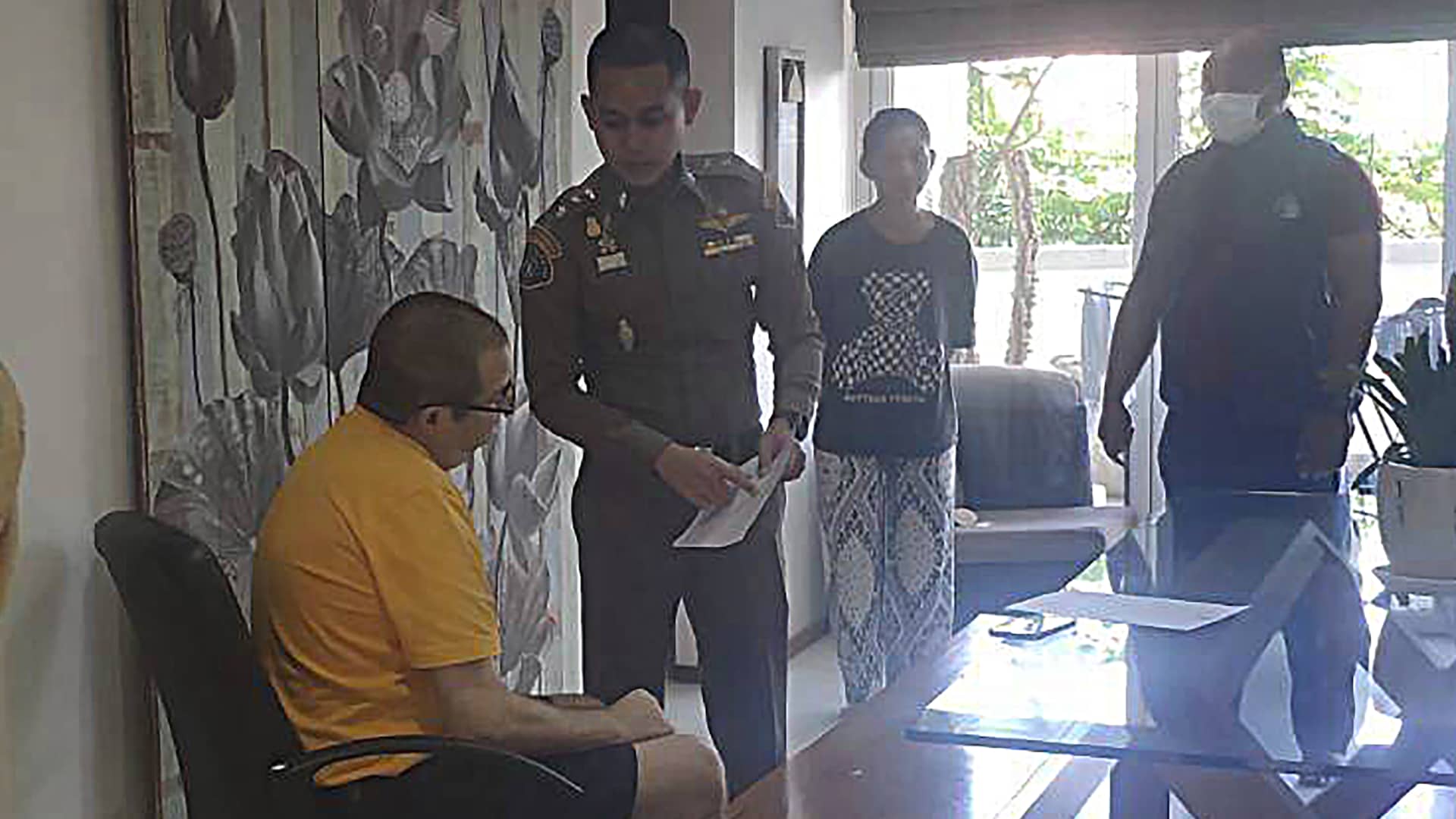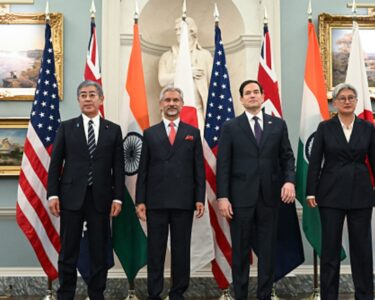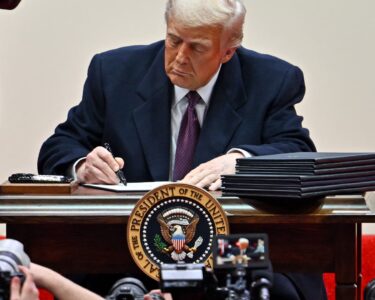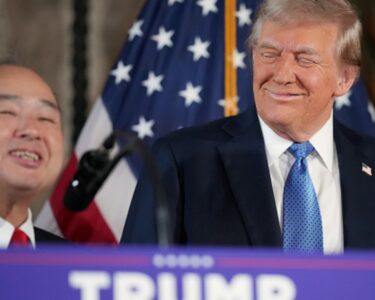NEWARK, N.J. – A former fugitive in the securities fraud case involving a New Jersey deli company once valued at $100 million renounced his U.S. citizenship in 2019, prosecutors revealed Thursday as they asked a judge to deny him bail.
Peter Coker Jr. “poses a serious risk of flight, and … there are no conditions or combination thereof that can assure his appearance at future proceedings,” said the letter by the U.S. Attorney’s Office to federal Magistrate Judge Edward Kiel.
In the same letter, prosecutors said Coker Jr. had “stood to make tens of millions of dollars” from a hoped-for reverse merger of the deli company, which the goal of the “complex, long-term fraud’ spanning at least seven years that grossly inflated its stock price.
“And the only reason that the Defendant and his co-conspirators were unable to achieve their ultimate objective of entering into a reverse merger, which would have allowed for a massive payout, was because of negative news articles that exposed their fraud,” the letter to Kiel said.
CNBC in 2021 published several dozen articles that exposed eyebrow-raising consulting agreements, troubled legal histories, and other issues related to people connected to the deli company.
In their own filing Thursday, Coker Jr.’s defense said the Hong Kong businessman relinquished American citizenship “primarily for economic reasons and in recognition of his personal and professional life.”
Coker Jr., who was extradited from Thailand last week and kept in jail since then, was scheduled to appear in Newark federal court on Thursday afternoon for a detention hearing in the case, where his father Peter Coker Sr. and a third man also are charged.
But he was never brought from a holding area to the courtroom, where his parents were waiting.
Instead, there was a two-hour delay in the start of the hearing that ensued after the judge, a prosecutor and Coker Jr.’s defense lawyers for the first time learned that there is a hold on him from the U.S. Immigration and Customs Enforcement agency.
Such a detainer is standard when a non-citizen is extradited to face criminal charges in the U.S.
During the delay, Coker Jr.’s lawyers met with him and talked to the prosecutor.
Kiel eventually took the bench and began the hearing. Coker Jr.’s lawyers told him told the judge that they will seek an attorney to represent him in connection with the ICE detainer.
The ICE hold, which was lodged when Coker Jr. landed at JFK International Airport in New York last week, could keep Coker Jr. in jail even if he is granted bail in the criminal case.
In their letter seeking Coker Jr.’s detention, prosecutors cited his access to funds overseas, his citizenship from another country, his three decades living abroad in Hong Kong, and the 20-year maximum possible criminal sentence he faces if convicted as reasons to fear he will flee the charges.
“No evidence is more telling than a defendant’s own words,” prosecutors wrote.
They cited Coker Jr.’s legal statement on June 5, 2019, saying, “While I was born and raised in the U.S., I moved to Hong Kong in July, 1992 for career reasons and have established my roots and extensive social and family ties here. I have no intention to return to live or work in the U.S., and have therefore decided to renounce my U.S. nationality.”
Attorneys for Coker Jr. at his arraignment last week argued he was willing to put up all the money he has, about $4 million, and his parents’ North Carolina home as collateral to secure his release on bond in the case.
Coker Jr., Coker Sr. and James Patten were charged in an indictment on Sept. 26 with a scheme artificially boost the prices of publicly traded stocks of Hometown International, and a related shell company, E-Waste, to increase their attractiveness as merger partners for private companies.
While the elder Coker and Patten were arrested in North Carolina and then released on bonds of $100,000 each, Coker Jr. was a fugitive for months before being found and arrested in a resort area of Thailand by police there in January.
Coker Jr. had traveled there on a passport from the Caribbean island of St. Kitts and Nevis, where he has citizenship.
In their own letter to Kiel on Thursday, Coker Jr.’s attorneys argued he remained in Phuket, Thailand, after learning of his indictment because he was too sick to travel.
Coker Jr. claimed he was receiving medical attention for cirrhosis of his liver and hypoxemia prior to his arrest.
“Mr. Coker’s appearance in the United States would have likely occurred sooner if not for serious health issues he faced in the period following the unsealing of the indictment against him,” his attorneys argued in the filing.
“Mr. Coker prioritized seeking medical treatment in his local community of Thailand rather than immediately surrendering to authorities and risking the possibility that he would be transported by plane to the United States against his doctor’s advice.”
The indictment alleges that as a result of the scheme, the stock price of Hometown, which owned only a small, money-losing shop dubbed Your Hometown Deli, rose more than 900% as a result of the alleged scheme. E-Waste’s shares skyrocketed by almost 20,000%. The deli, which served Italian subs and cheesesteaks in Paulsboro, a small New Jersey town across the Delaware River from Philadelphia, has since closed.
Both companies publicly disavowed their massive market valuations after CNBC revealed legal issues surrounding people connected to the companies, including Coker Sr.
The younger Coker served for some time as Hometown International’s chairman.
Gabrielle Fonrouge reported from Newark and Dan Mangan reported from Englewood Cliffs, N.J.






